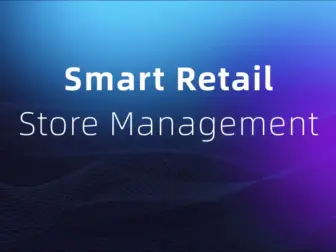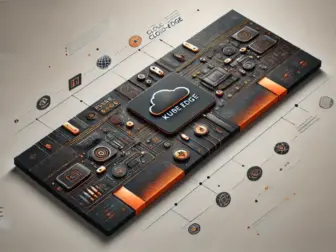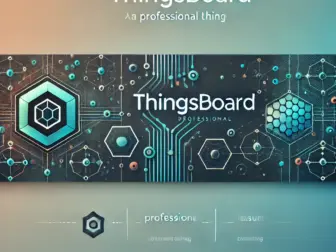Tag - IoT Platform
Blog, Edge Computing and Data Analytics , September 21, 2024 , Cloud-Edge Collaboration, CNCF, DeviceTwin, Edge Computing, Edge Device Management, EdgeController, IoT Platform, KubeEdge, Kubernetes, Open Source Project
Blog, Edge Computing and Data Analytics , September 3, 2024 , AI at the edge, Edge Computing, EdgeX Foundry, IoT Platform, open-source edge computing
Blog , June 26, 2024 , IoT Platform, Open-source IoT Platform, ThingsBoard
The Future of Connectivity: Exploring the Power of IoT Platform
The Internet of Things (IoT) platform is a revolutionary technology that is shaping the way we interact with our environment and devices. It allows for seamless communication and data exchange between connected devices, enabling them to work together to automate tasks, collect data, and make intelligent decisions. As the number of connected devices continues to grow, IoT platforms play a crucial role in managing and optimizing the flow of data between devices and applications.
One of the key features of an IoT platform is its ability to connect devices and sensors to the cloud, allowing for remote monitoring and control of devices from anywhere in the world. This connectivity enables businesses to streamline their operations, improve efficiency, and create new revenue streams. By leveraging the power of IoT platforms, companies can collect valuable data from their devices and use it to gain insights, optimize processes, and make informed decisions.
IoT platforms also enable the development of innovative applications and services that can enhance the user experience and drive business growth. For example, IoT platforms can be used to create smart home devices that automate household tasks, improve energy efficiency, and enhance security. In the healthcare industry, IoT platforms can be used to monitor patients remotely, track vital signs, and provide personalized care.
In addition to connecting devices and applications, IoT platforms also provide essential security features to protect data and ensure the privacy of users. With the increasing number of connected devices, security is a top priority for businesses and consumers alike. IoT platforms offer encryption, authentication, and access control mechanisms to safeguard data and prevent unauthorized access.
Furthermore, IoT platforms are designed to be scalable and flexible, allowing businesses to easily expand their IoT deployments as their needs grow. Whether you are a small startup or a large enterprise, IoT platforms can be tailored to meet your specific requirements and integrate seamlessly with your existing systems. This flexibility enables businesses to adapt to changing market conditions, scale their operations, and stay competitive in the digital age.
As the demand for connected devices continues to rise, the IoT platform market is growing rapidly, with a wide range of platforms available to suit different needs and use cases. From cloud-based platforms to edge computing solutions, businesses have a variety of options to choose from when implementing IoT solutions. Whether you are looking to improve efficiency, enhance customer experience, or drive innovation, an IoT platform can help you achieve your goals and unlock the full potential of the Internet of Things.



